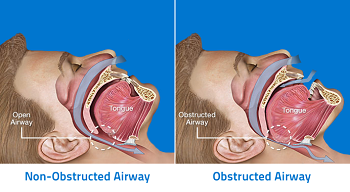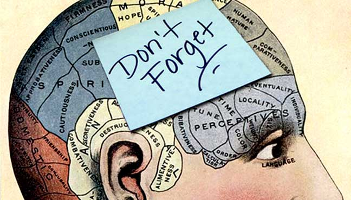Something new
Ok, I've got something new to share. Not sure if it will amount to anything, but for it to have value, I know I need to have a record.
In my dream on Monday or Tuesday this passed week I had a vision. Now, one may say that dreams are always sort of visions, but it was clearly different quality. I was in the middle of my usual pharmacy dream dealing with some patient and then out of the blue I have a vision of a woman zooming towards me, who is an adult but very much resembles Wednesday Adams, same two black brades. This vision stops me in my tracks, at that moment I do not realise I'm dreaming but I do realise I'm having a vision. So I ask, "What is the meaning of this?" And I get answer straight away as a clear thought "She is coming to buy your house".
Now our house is on the market for about 3 months now. Like I said, it maybe is nothing, but if I don't say anything and the future buyer looks like Wednesday Adams, would be disappointing that I did not make a record!




